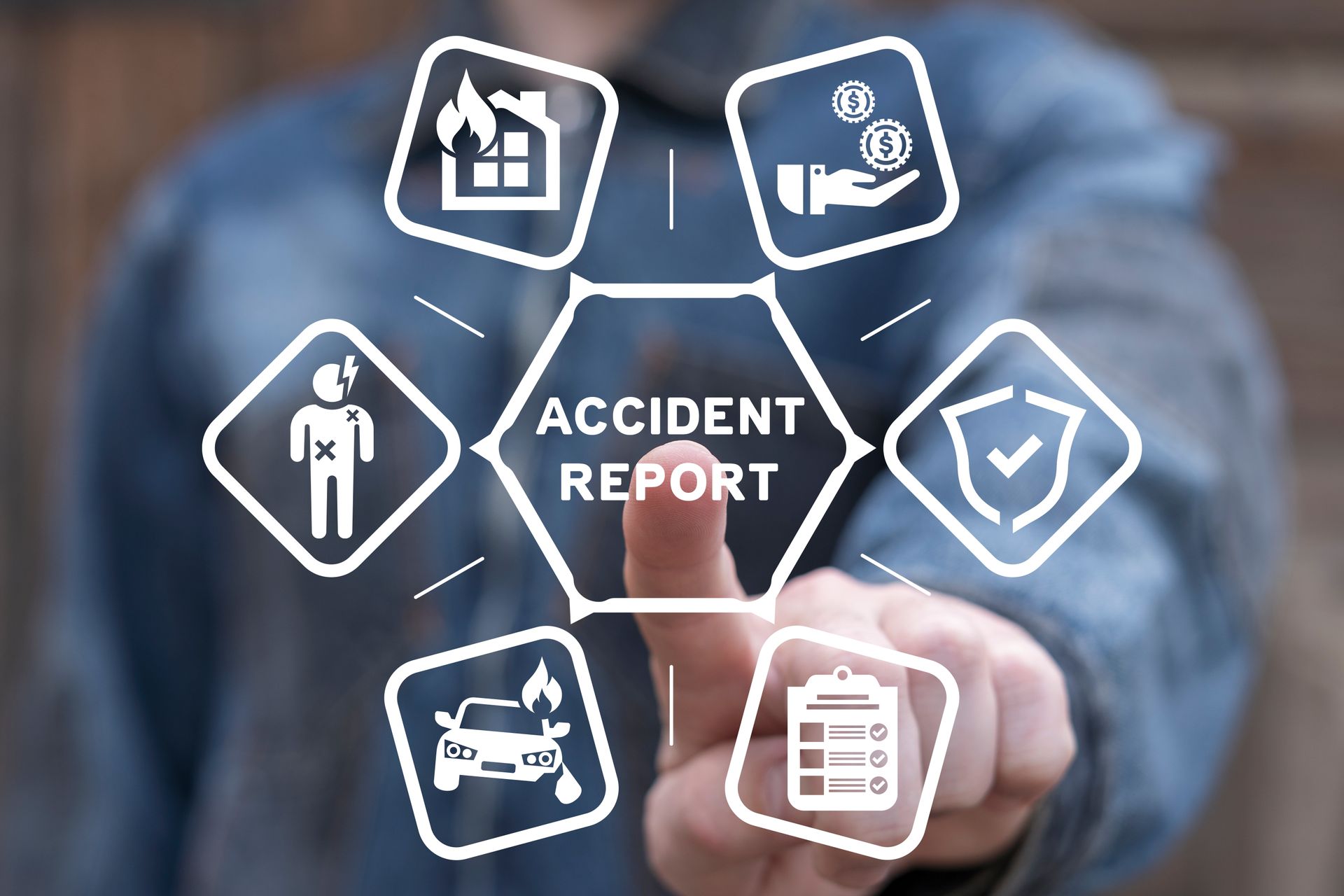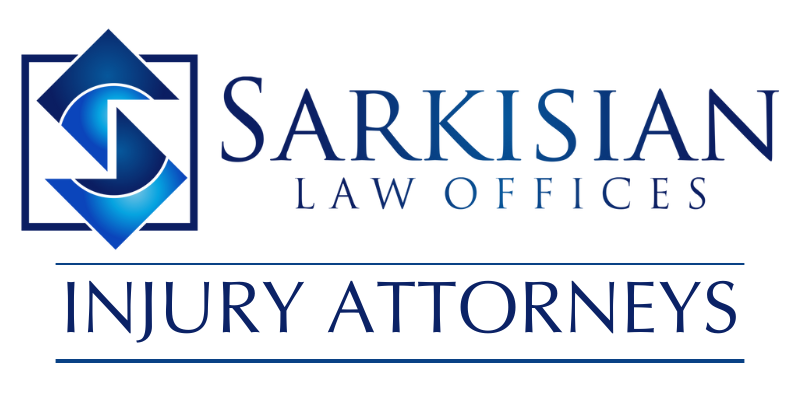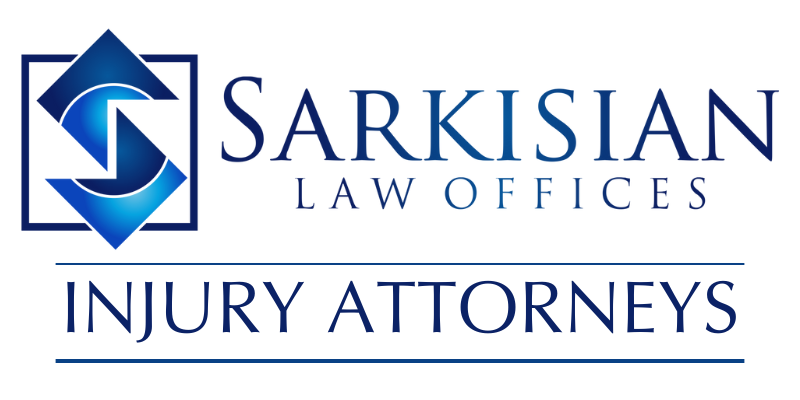The Importance of Medical Records After an Accident
One of the most important group of documents in your possession after a motor vehicle accident is your medical records. Your medical records can make or break your car accident claim. They can cause a dismissal in court or be used to increase the maximum value of your claim. Here’s what you need to know about the importance of medical records after a car accident.
You Need to Illustrate You Received Care Right Away
A common reason that car accident claims are denied are because individuals involved do not receive medical treatment right away. The defense will argue that waiting for medical care means the injuries aren’t severe. When you’re in a crash, go to the hospital or your doctor immediately. Then, use your medical records to show that you did so.
You Need to Illustrate the Seriousness of Your Medical Conditions
There is a plethora of information in your medical records to illustrate the severity of your medical condition(s), including:
- Date and time of treatment: Medical records typically include the date and time when the patient sought treatment for their injuries. This information can help establish that the injuries occurred around the time of the accident.
- Description of injuries: Medical records detail the nature and extent of the injuries sustained by the patient. This can include fractures, lacerations, contusions, internal injuries, or traumatic brain injuries.
- Diagnostic tests: Records of diagnostic tests such as X-rays, MRIs, CT scans, or ultrasounds may show evidence of specific injuries resulting from the accident, such as broken bones or soft tissue damage.
- Treatment received: Medical records document the treatment provided to the patient, including surgeries, medications prescribed, physical therapy, or other forms of rehabilitation. The type and duration of treatment can indicate the severity of the injuries.
- Physician's notes: Physicians often include detailed notes about the patient's medical history, symptoms, and examination findings. These notes may reference the mechanism of injury, such as a motor vehicle collision, which helps establish the cause of the injuries.
- Pain assessment: Medical records may include assessments of the patient's pain level and description of symptoms, providing insight into the impact of the injuries on the individual's quality of life.
- Follow-up appointments: Records of follow-up appointments or consultations with specialists can demonstrate ongoing medical care related to the accident and the progression of the injuries over time.
- Rehabilitation progress: If the patient undergoes physical therapy or rehabilitation, progress notes may indicate the extent of recovery and any lingering impairments resulting from the accident.
- Statements from healthcare providers: Statements or opinions from healthcare providers regarding the cause and extent of the injuries can carry significant weight in legal proceedings.
- Documentation of pre-existing conditions: Medical records may also include information about pre-existing medical conditions, which can help differentiate between injuries resulting from the accident and those unrelated to it.
Although it may be disconcerting to provide your private medical records, the information in them is highly valuable. All of the above can be used to determine the seriousness of your injuries and help your personal injury attorney come to a settlement amount to cover the damages incurred.
Contact Sarkisian Law Today
If you or a loved one were involved in a car accident , a motorcycle accident , or a truck accident , don’t hesitate to get the help you need from an experienced lawyer. At Sarkisian Law, we help our clients navigate the difficult process of bringing a claim forward and obtaining a settlement to compensate them for medical bills, lost wages, and pain and suffering.
Call today for a consultation to discuss your specific needs and how we can help you move forward after a devastating accident at 219-942-7171.







